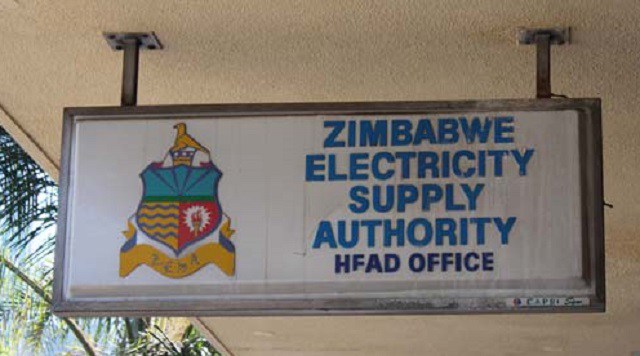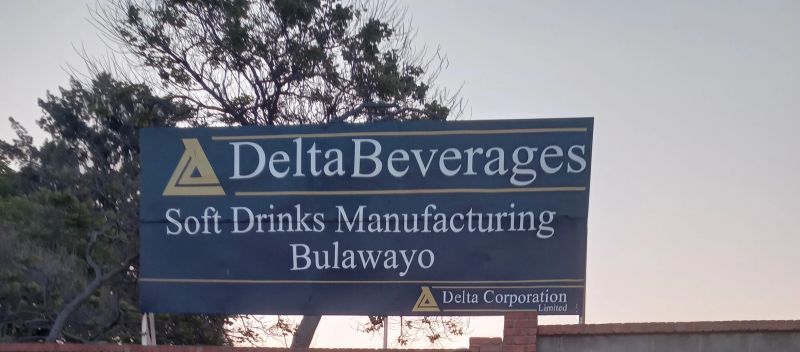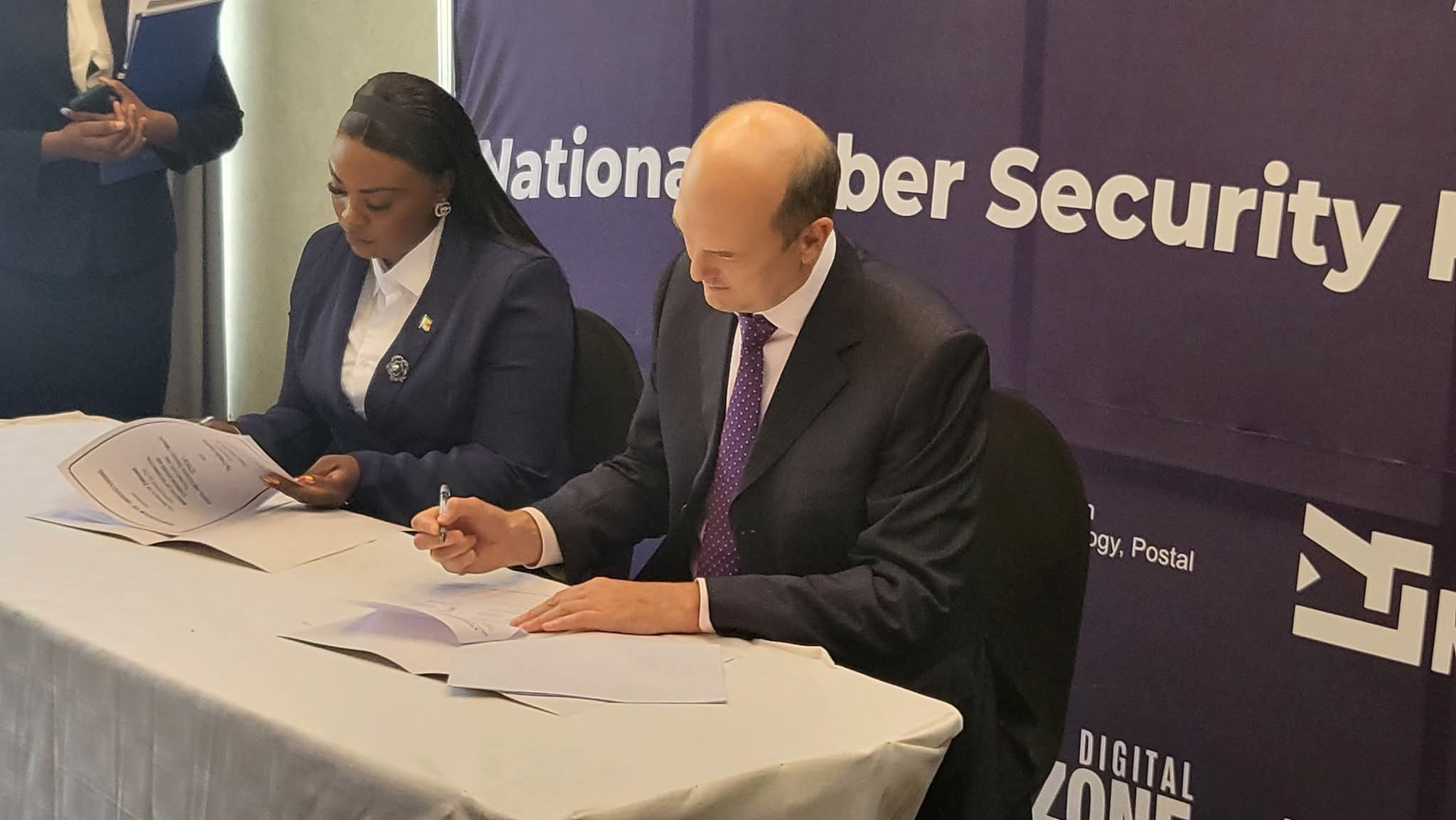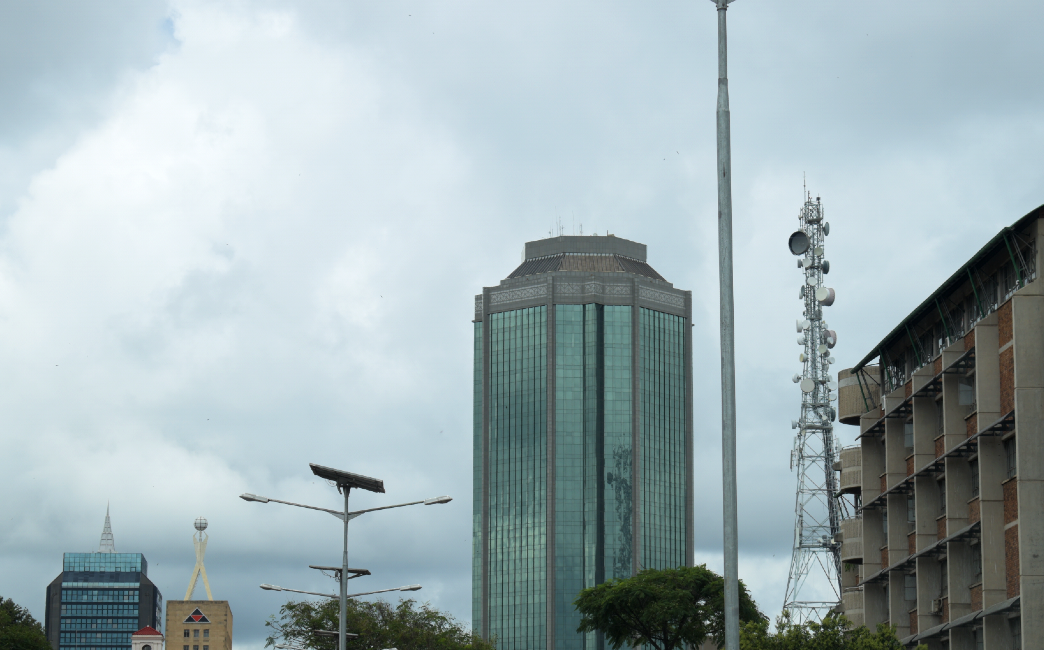Zimbabwe's business community is reeling under a deepening tax crisis as billions in unpaid Zimbabwe Gold (ZWG) input VAT refunds remain outstanding, triggering acute cash-flow shortages and threatening the survival of formal industry.
Executives warn that the delays - some dating back to March 2025 - have left companies struggling to stay afloat in one of Africa's toughest economic environments. Industrial leaders have described the situation as a "tax nightmare," accusing the Zimbabwe Revenue Authority (ZIMRA) of worsening the liquidity crunch by withholding refunds while maintaining an aggressive tax collection drive.
The Zimbabwe National Chamber of Commerce (ZNCC) has sounded the alarm, warning that the VAT refund backlog poses an "existential threat" to formal businesses. In a recent submission to the Treasury, the chamber accused ZIMRA of employing "bad tactics" that suffocate industry, discourage compliance, and undermine confidence in the tax system.
"Refunds of ZWG input VAT require audits and are significantly delayed, with cases pending since March 2025. Therefore, ZIMRA should expedite VAT refund processing by introducing risk-based audits and publishing timelines," ZNCC said. "The tax collector should also allow refunds to be applied towards customs duties and other ZIMRA-administered taxes."
The chamber has also urged companies to file separate VAT returns for United States dollar and Zimbabwe Gold (ZiG) transactions under the Tax and Revenue Management System (TaRMS), amid growing confusion over currency-based taxation.
Business leaders have repeatedly appealed to ZIMRA to allow the offsetting of taxes owed to government against refunds due from the authority - but those requests have been rejected.
"ZIMRA does not permit offsetting of input VAT in one currency against output VAT in another. This narrows the tax base amidst high tax heads, thereby incentivising informality, reducing compliance, and fairness," ZNCC said. "The result has been severe liquidity strain, erosion of VAT neutrality, and loss of confidence in tax administration."
The Confederation of Zimbabwe Industries (CZI) echoed similar concerns, warning that the government's rigid tax regime is crippling industrial recovery.
"To ease the pressure on businesses, ZIMRA should adopt flexible tax accommodation measures, especially for companies with strong compliance records," CZI said. "Authorities should provide leeway to compliant firms to help preserve industrial activity while securing long-term fiscal revenues. The government should also allow companies to offset outstanding debts owed to them by the State against their tax liabilities."
The tensions come as ZIMRA intensifies enforcement against major corporates, including Delta Corporation, Innscor Africa, and National Foods, accusing them of paying their dues in local currency instead of US dollars. Payments made in local currency have reportedly been treated as unpaid US$ taxes, with penalties imposed to "instil discipline."
ZNCC and CZI argue that ZIMRA's approach ignores refund arrears owed to the same companies, worsening their cash positions.
"ZIMRA aggressively enforces US$ liabilities, including interest and garnish orders, without factoring in VAT refunds owed. We call upon the suspension of penalties, interest, and garnish orders where taxpayers are owed refunds and reverse system-generated interest on disputed balances," ZNCC said.
The chamber also took issue with ZIMRA's application of Section 16(1)(o) of the Income Tax Act, which has been used since 2019 to disallow banks from deducting interest expenses as business costs.
"The interpretation of Section 16(1)(o) contradicts the principle that interest expenses are a legitimate component of the cost of sales for financial institutions," the chamber said. "Disallowing these deductions escalates the tax burden on banks, discourages offshore funding, and constrains their ability to support economic growth."
Analysts warn that the mounting tax arrears and inconsistent policies risk driving investment away, depressing competitiveness, and weakening Zimbabwe's standing in regional trade. With taxes now consuming close to 20% of total business overheads, delays in VAT refunds are exacerbating liquidity pressures and stalling industrial recovery.
In response, ZIMRA said it was committed to clearing the backlog.
"The payment of refunds is a process which involves assessment of risk and verification of refunds. Such process may delay payment of refunds because of ZIMRA or taxpayer," the authority said in a statement.
"We wish to assure all our valued clients that the disbursement of verified and payable VAT refunds remains a top priority. ZIMRA has dedicated significant effort and resources to ensure that eligible refunds are processed within our stipulated timelines. We are continuously working to enhance our systems and processes to expedite this critical function that supports business liquidity."
Despite the assurances, businesses remain sceptical, saying action - not promises - will determine whether Zimbabwe's already fragile industrial base can survive the mounting tax and liquidity crisis.
- Business Times
 Delta invests in new Bulawayo brewhouse
Delta invests in new Bulawayo brewhouse  South Africa still a junk economy
South Africa still a junk economy  'Some very strange things are happening in China!'
'Some very strange things are happening in China!'  Zimbabwe's dollar stock exchange surges 45%
Zimbabwe's dollar stock exchange surges 45%  Gold edges up as traders await guidance
Gold edges up as traders await guidance  120MW boost as Hwange Unit 6 restored
120MW boost as Hwange Unit 6 restored  Young Investment Professional (YIP) Graduate Programme 2019
Young Investment Professional (YIP) Graduate Programme 2019 










 Young Investment Professional (YIP) Graduate Programme 2019
Young Investment Professional (YIP) Graduate Programme 2019
Editor's Pick